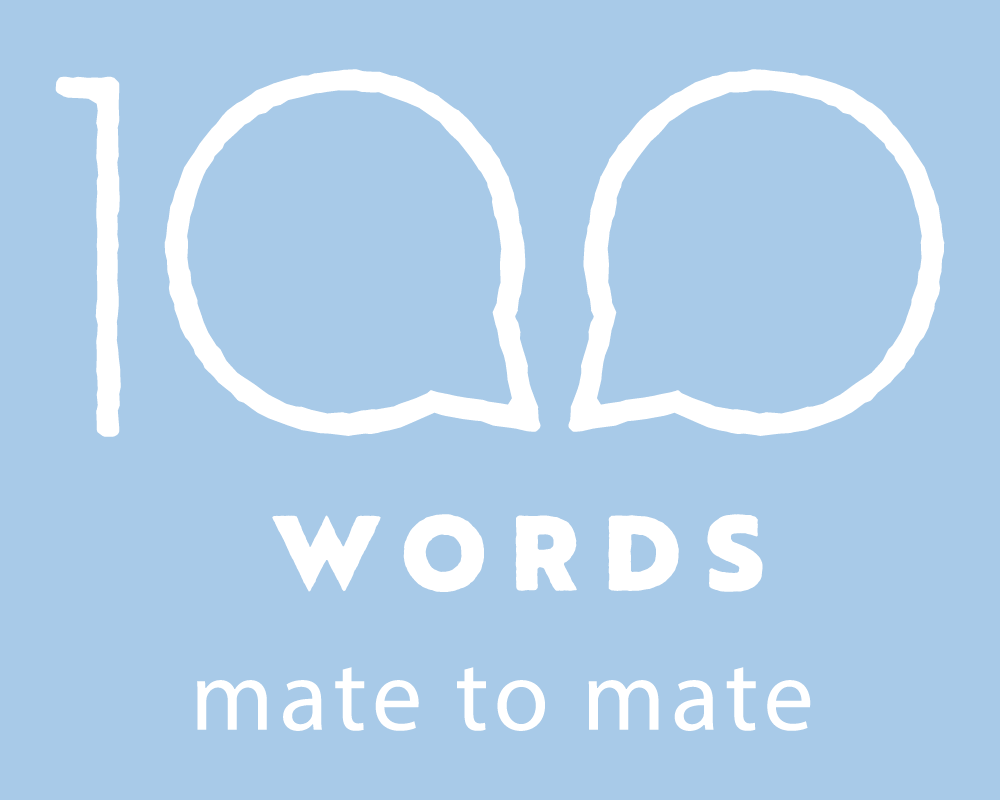Are sporting clubs the perfect place for the men's mental health conversation?
There’s no doubt in sport that the focus often lies on physical prowess, strategic plays, and scoreboard victories. Yet, often under the surface, a silent battle rages—one that isn't won by muscles alone.
Mental health, often in the past was sidelined at sporting clubs in favour of testosterone, competition and winning, but it plays such a crucial role in the wellbeing and performance of athletes. In recent years, the concept of Mental Health First Aid (MHFA) has emerged as a powerful tool, especially within sporting organisations, reshaping the conversation and fostering a culture of support and understanding.
The Silent Struggle: Men's Mental Health in Australia
Before delving into the significance of MHFA in sports, it's essential to grasp the gravity of mental health challenges, particularly among men. In Australia, where sports hold a revered position in society, the statistics paint a stark picture:
Depression Rates: According to Beyond Blue, an estimated 1 in 8 men will experience depression, with men accounting for around 75% of suicides in Australia every year.
Help-Seeking Behavior: Despite the prevalence of mental health issues, only a minority of men seek professional help. Stigma, fear of judgment, and a perceived need to embody stoicism - to ‘man up’ - often act as barriers to seeking support.
These statistics underscore the urgency of fostering environments where mental health discussions are not only normalised but actively encouraged, and mates can chat to mates openly and safely.
Sporting Clubs: Catalysts for Change
Sporting clubs, with their tight-knit communities and emphasis on teamwork and camaraderie, serve as fertile ground for initiating conversations around mental health. Here's why they're uniquely positioned:
Sense of Community: Sporting clubs often function as extended families, fostering strong bonds among members. This sense of belonging provides a supportive environment where individuals feel more comfortable opening up about their struggles.
Role Models and Leadership: Athletes, coaches, and administrators within sporting organisations often serve as role models for younger generations. By promoting mental health awareness and advocating for initiatives like MHFA, they can influence attitudes and behaviors on a broader scale.
Physical Activity and Mental Wellbeing: The intrinsic link between physical activity and mental wellbeing cannot be overstated. Sports clubs offer opportunities for exercise and recreation, which are known to alleviate stress, anxiety, and depression.
Platform for Education: Sporting events attract diverse audiences, offering a platform to educate not only club members but also spectators and the wider community about mental health issues and the importance of seeking help.
The Role of Mental Health First Aid
Enter Mental Health First Aid, a program designed to equip individuals with the knowledge and skills to provide initial support to someone experiencing a mental health crisis or developing a mental health problem. In the context of sporting organizations, MHFA can:
Break Down Stigma: By training coaches, players, and support staff in MHFA, sporting clubs can break down the stigma surrounding mental health. This fosters an environment where individuals feel safe to disclose their struggles and seek help without fear of judgment.
Early Intervention: Just as physical first aid aims to address injuries before they worsen, MHFA enables early intervention in mental health crises. Recognising the signs and symptoms of mental health issues allows for timely support and appropriate referrals to professional help if needed.
Promote Resilience: Building mental resilience is akin to strengthening a muscle—it requires practice and support. MHFA provides individuals with the tools to not only support others but also to prioritise their own mental wellbeing, fostering a culture of resilience within sporting organisations.
In conclusion, mental health is not a spectator sport—it's a collective responsibility that extends far beyond the confines of the playing field. By embracing initiatives like Mental Health First Aid, sporting organizations can champion the mental well-being of their members, creating a legacy that transcends wins and losses—a legacy of compassion, understanding, and support.
100words is on a mission to get as much Mental Health First Aid Training to men in sporting clubs, organisations and businesses as we can. Reach out if you’d like us to come and chat all things men’s mental health and suicide prevention at your club, or if you’d like to support us with a donation to get more MHFA training into the community.

